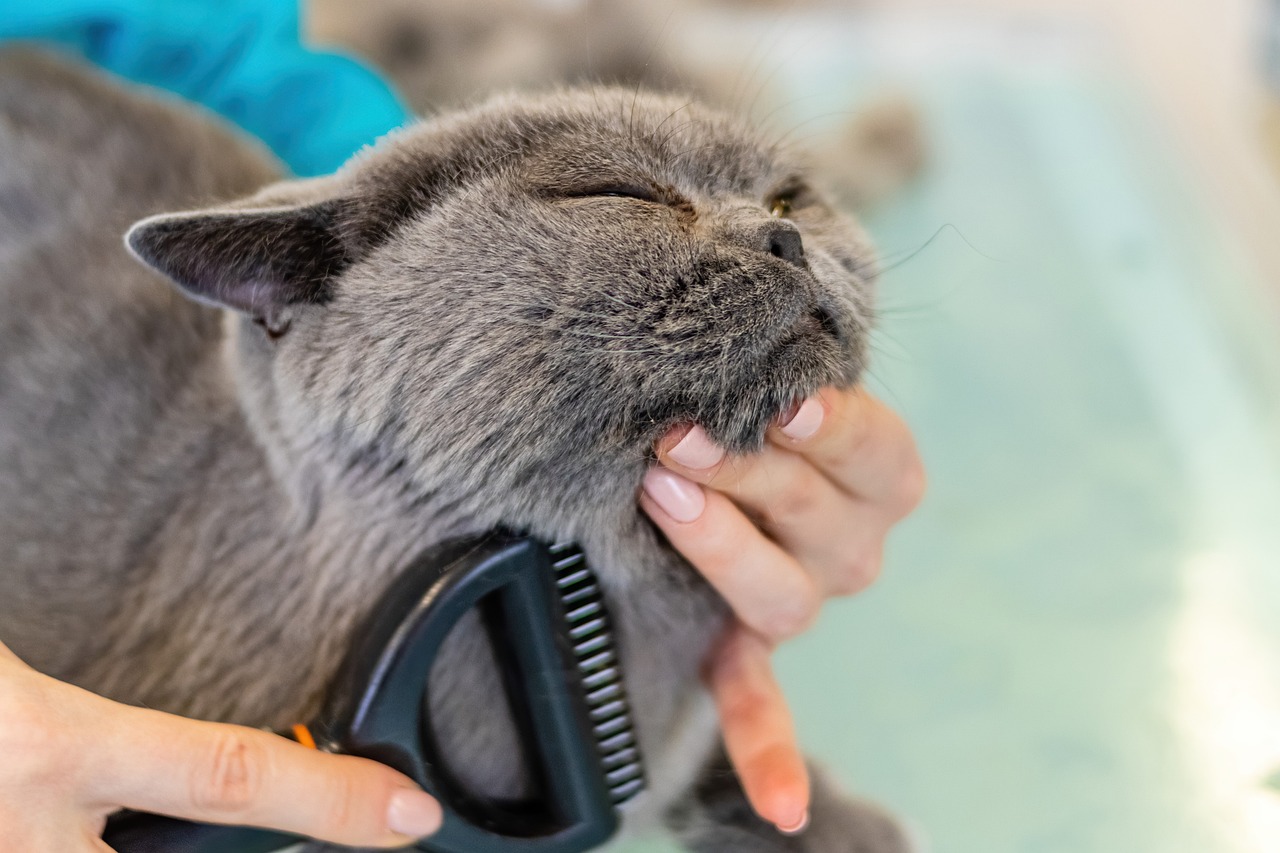
By Admin On 02-06-2024 at 8:01 pm
10 Common Cat Health Issues and How to Prevent Them
Cats are known for their independence and resilience, but like any pet, they are not immune to health issues. Understanding common cat health problems and taking preventative measures can help your feline companion live a long, happy, and healthy life. Here are 10 common cat health issues and actionable tips to prevent them.
1. Obesity
Description:
Obesity is a growing concern among cats and can lead to a range of secondary issues such as diabetes, joint problems, and heart disease. Overfeeding and a lack of exercise are the primary causes.
Prevention Tips:
- Feed your cat a balanced diet appropriate for their age and activity level.
- Stick to recommended portion sizes and avoid excessive treats.
- Engage your cat in daily playtime with interactive toys to keep them active.
2. Dental Disease
Description:
Dental issues, such as gingivitis and periodontal disease, are common in cats, especially as they age. These can lead to pain, tooth loss, and even infections that affect other organs.
Prevention Tips:
- Brush your cat’s teeth regularly with vet-approved toothpaste.
- Provide dental treats and toys designed to reduce tartar buildup.
- Schedule regular dental checkups with your veterinarian.
3. Urinary Tract Infections (UTIs)
Description:
UTIs can cause painful urination, frequent trips to the litter box, and even blood in the urine. These issues are more common in male cats and can lead to blockages if untreated.
Prevention Tips:
- Ensure your cat drinks plenty of water; use a cat fountain to encourage hydration.
- Feed a high-quality diet that supports urinary health.
- Keep the litter box clean to prevent bacteria buildup.
4. Parasites
Description:
Fleas, ticks, and worms are common external and internal parasites that can cause irritation, anemia, and digestive issues in cats.
Prevention Tips:
- Use vet-recommended flea and tick preventatives regularly.
- Keep your cat’s environment clean and vacuum frequently.
- Schedule routine deworming based on your vet’s advice.
5. Diabetes
Description:
Feline diabetes is often linked to obesity and can result in excessive thirst, weight loss, and lethargy. If left untreated, it can become life-threatening.
Prevention Tips:
- Feed a diet low in carbohydrates and high in protein.
- Maintain a healthy weight for your cat through diet and exercise.
- Monitor your cat for early signs of diabetes, such as increased thirst or frequent urination, and consult your vet immediately if symptoms appear.
6. Hairballs
Description:
While hairballs are common in cats, frequent occurrences can lead to blockages in the digestive tract, requiring medical attention.
Prevention Tips:
- Groom your cat regularly to reduce the amount of hair they ingest.
- Feed hairball-specific cat food to aid digestion.
- Provide fiber supplements if recommended by your veterinarian.
7. Kidney Disease
Description:
Chronic kidney disease is common in older cats and can lead to weight loss, vomiting, and decreased appetite. It’s a progressive condition but can be managed with proper care.
Prevention Tips:
- Feed your cat high-quality, moisture-rich food to support kidney health.
- Ensure they stay hydrated by providing fresh water at all times.
- Schedule regular vet checkups to catch kidney issues early.
8. Respiratory Infections
Description:
Cats, especially kittens and those in multi-cat households, are susceptible to upper respiratory infections caused by viruses or bacteria.
Prevention Tips:
- Keep your cat’s vaccinations up to date.
- Minimize stress, as it can weaken the immune system.
- Isolate sick cats to prevent the spread of infections in multi-cat homes.
9. Hyperthyroidism
Description:
Hyperthyroidism, often seen in older cats, can cause weight loss, increased appetite, and hyperactivity.
Prevention Tips:
- Have annual blood tests performed for older cats to catch thyroid issues early.
- Feed a balanced diet and consult your vet for dietary recommendations.
- Monitor your cat’s behavior and report any changes to your veterinarian.
10. Feline Leukemia Virus (FeLV)
Description:
FeLV is a viral infection that suppresses the immune system, making cats more vulnerable to other illnesses. It is transmitted through saliva, blood, and urine.
Prevention Tips:
- Vaccinate your cat against FeLV, especially if they go outdoors or interact with other cats.
- Keep your cat indoors to reduce exposure to infected animals.
- Test new cats for FeLV before introducing them to your household.
Conclusion
Preventing health issues in cats starts with awareness and proactive care. By staying vigilant, providing a nutritious diet, scheduling regular vet visits, and maintaining a clean environment, you can ensure your cat enjoys a long, healthy, and happy life. Remember, early detection and prevention are the keys to managing most feline health problems effectively.

Author
Share on:
Related posts

16-05-2024
How to Groom Your Cat Without Stress
16-05-2024
Top 5 Foods You Should Never Feed Your Cat
